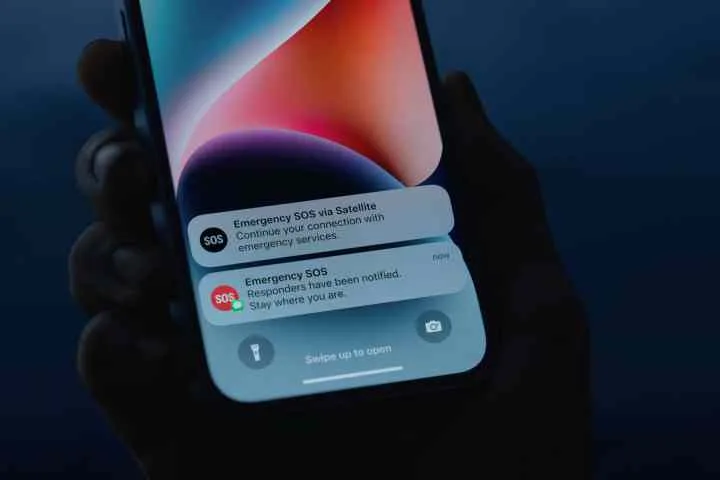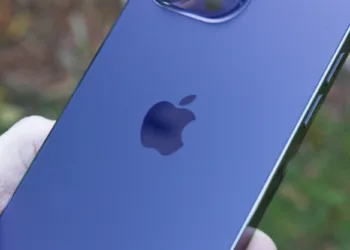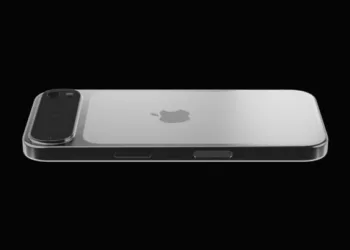Two years have passed since Apple introduced the iPhone 14, featuring the Emergency SOS via satellite option. Initially, Apple announced that this service would be complimentary for the first two years but hinted at a subscription model afterward, as reported by MacRumors. However, just last year, Apple decided to extend the free usage period by another year, allowing users to benefit from this service until November 2025.
This extension is certainly reassuring. The Emergency SOS feature can be a lifesaver. For instance, in April of this year, three college students found themselves lost in a canyon and successfully used this feature to obtain assistance. In another instance from July, the technology once again played a crucial role during a critical situation. A quick search reveals many similar accounts highlighting the usefulness of this feature.

However, the prospect of introducing subscription fees for a service that can save lives raises ethical questions. Apple has hinted at a shift towards paid services, but it has also expanded the functionality of the Emergency SOS feature to include services such as roadside assistance and messaging. While it could be acceptable to charge for roadside assistance, imposing fees for Emergency SOS raises serious moral concerns.
It’s noteworthy that other smartphones, such as those in the Google Pixel lineup, already include a similar Emergency SOS feature without any associated costs. Additionally, Samsung is expected to incorporate similar functionality in its upcoming One UI 7 update. Currently, neither Google nor Samsung appears to be charging for this vital service.
As of now, it’s uncertain whether Apple will ultimately implement a subscription fee for this service. Let’s hope that they choose to keep it free for users in need.










